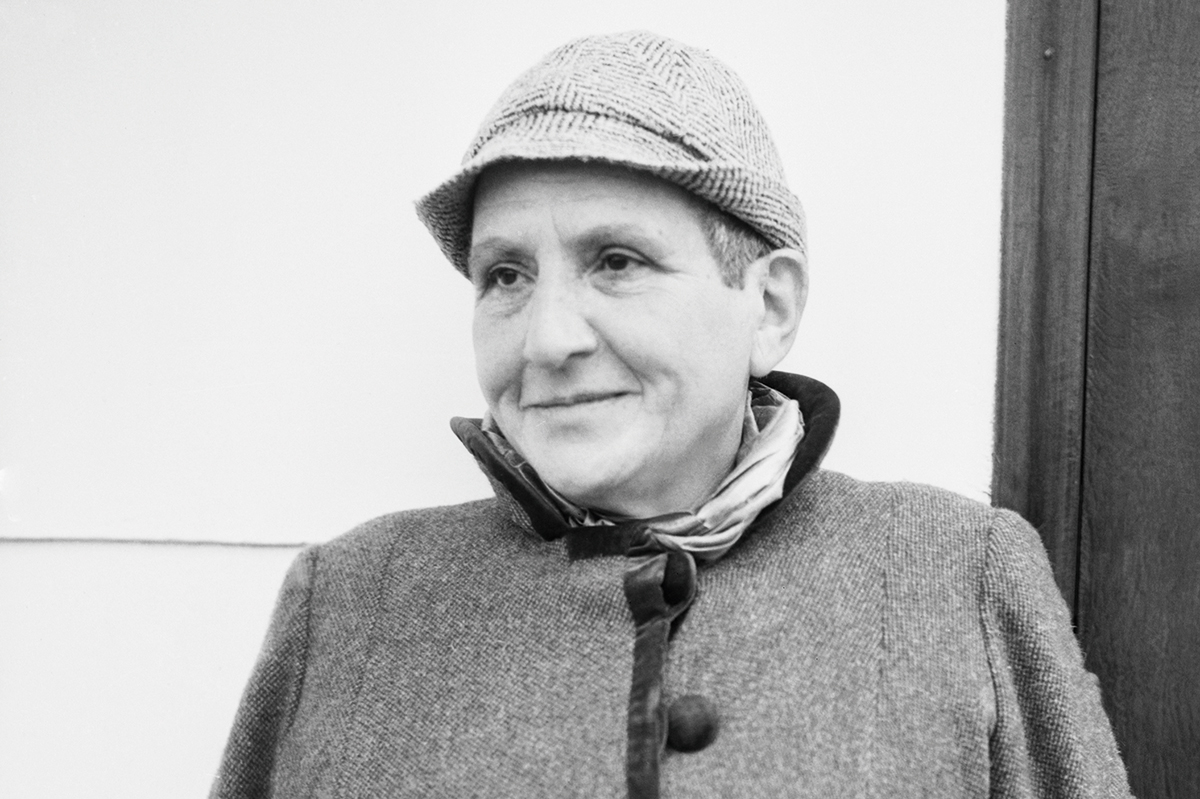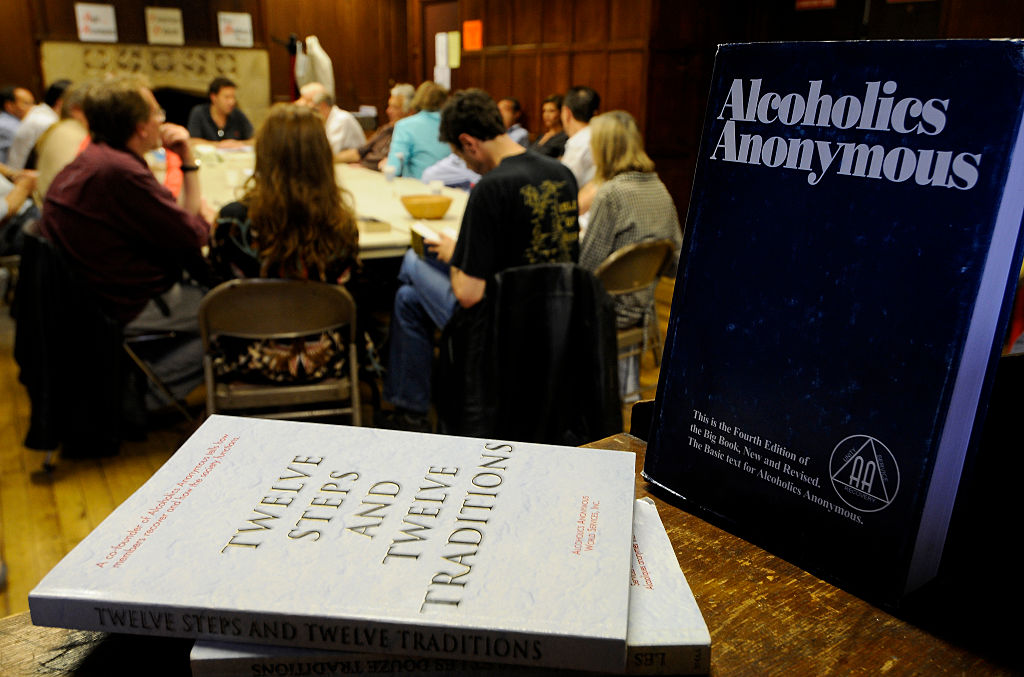There is a famous (and, I fear, apocryphal) story about Bono at his most messianic at a U2 gig in the early part of this century. Pausing between songs, he clicked his fingers meaningfully. After doing this a few times, he said, with utmost gravity, “Every time I do this, a child in Africa dies of starvation.” Most of the audience nodded in sympathy, but one man in the front row had a better response. “Well stop fucking doing it then!” Bono’s response was not recorded, but the finger-clicking soon disappeared from his repertoire of stadium show gimmicks.
It is reasonably easy to see why Bono — and, by extension, U2 — are so reviled. Ever since they came to stratospheric success in the Eighties with such albums as The Unforgettable Fire and The Joshua Tree, they came to epitomize a heart-on-sleeve sincerity, wrapped up with anthemic music and lyrics pitched somewhere between universality and impenetrability, that seemed initially appealing but was the antithesis of cool. Like Coldplay — their successors in virtually every regard, from music to public image — U2 are that strange thing, an enormously popular band (with around 175 million records sold worldwide, you almost certainly own at least one, or at least owned one) that very few people would ever describe as their favorite act. They, and Bono in particular, have now become a sort of enormously successful but publicly ridiculed circus show.
Bono, or Paul Hewson as he was born, has always been aware of this. His memoir, Surrender, is full of wry asides on fame, faith and (self) flagellation. It’s a book that is entirely true to the character of the man writing it: it’s very long (well over 500 pages), may well have needed a more rigorous editor and is by turns frustrating, fascinating and fabulous. He begins the book by acknowledging people’s weariness of him (and, before you ask, he is penitent about the time that Apple Music forced every Apple subscriber to have a free copy of U2’s album Songs of Innocence, an incident that he now calls “a landmine”), but sets off criticism at the pass by suggesting that whatever you think of him, it’s not as bad as the (Mephisto?) devil sitting on his own shoulder.
Over forty themed sections, Bono discusses everything from his activism to U2’s career to his personal life: married for four decades to Ali Stewart, he has largely avoided the gossip and innuendo that virtually every other musician of his stature has faced. If you despise Bono for being a humorless, irritatingly earnest white savior, there’s plenty of ammunition for you here, but also a great deal of self-deprecation. Bono writes that “I can be over-the-top in standing up for what I believe in, how very wearying that must be. The secret is to know when to shut up and listen.” So you have him talking about his celebrity friends (this book contains a great deal of high-end name-dropping), but you also read about him getting drunk with the Obamas and passing out in the White House, his regret at participating in “tone-deaf” Band Aid and his fears that his “white messiah complex” has defined him in people’s eyes forever — and not in a good way, either.
He’s strong on his troubled, complex relationship with his father Bob — a man almost comically unimpressed by his son’s fame, it seems — and U2 fans will get a great deal out of his in-depth account of their recording their greatest (and most enduring) album Achtung Baby. But ultimately, the book stands or falls by whether readers end up liking its mercurial, polarizing author more by the end of the book than they did at the start. Chances are that they will.

























